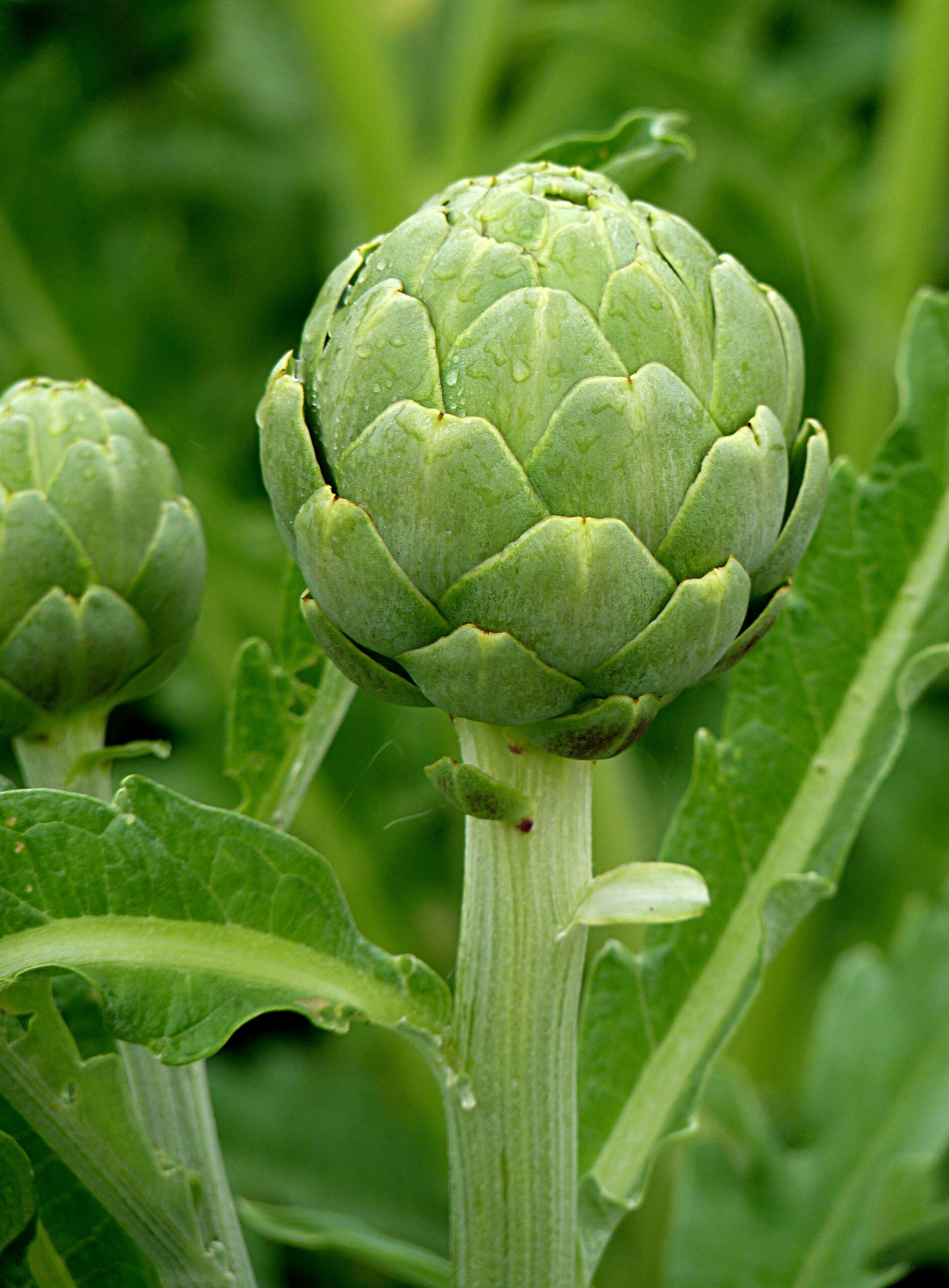Health Benefits of Artichoke
What are the health benefits of artichoke?
Artichokes are a nutritious vegetable that offer several health benefits. Here are some key health benefits of artichokes:
- Rich in Antioxidants: Artichokes are a rich source of antioxidants, including quercetin, rutin, anthocyanins, and silymarin. These antioxidants help protect cells from damage caused by free radicals and reduce inflammation in the body.
- Digestive Health: Artichokes are high in fiber, particularly inulin, which is a prebiotic fiber that helps promote the growth of beneficial gut bacteria. This can improve digestion, support gut health, and reduce the risk of gastrointestinal issues such as constipation and bloating.
- Liver Health: The antioxidants in artichokes, particularly silymarin, have been shown to support liver health and protect the liver from damage. Silymarin is also used as a natural remedy for liver conditions such as cirrhosis and hepatitis.
- Heart Health: Artichokes are low in fat and calories but high in potassium, which helps regulate blood pressure and reduce the risk of cardiovascular disease. The fiber in artichokes can also help lower cholesterol levels.
- Blood Sugar Control: The fiber and antioxidants in artichokes can help regulate blood sugar levels and improve insulin sensitivity, making them a beneficial food for individuals with diabetes or those at risk of developing diabetes.
- Bone Health: Artichokes contain minerals such as magnesium, phosphorus, and manganese, which are important for maintaining strong and healthy bones. These minerals can help reduce the risk of osteoporosis and bone fractures.
- Weight Management: Artichokes are low in calories and high in fiber, making them a filling and nutritious food that can aid in weight management by reducing calorie intake and promoting satiety.
- Cancer Prevention: Some studies suggest that the antioxidants and phytochemicals in artichokes may have anti-cancer effects, particularly against breast cancer, prostate cancer, and leukemia. However, more research is needed to confirm these effects.
- Skin Health: The antioxidants in artichokes can help protect the skin from damage caused by free radicals and reduce the signs of aging. They may also help improve skin texture and tone.
Overall, artichokes are a nutritious and versatile vegetable that can be enjoyed as part of a healthy diet to provide a range of health benefits.
What are the health risks of artichoke?
Artichokes are generally safe to consume for most people and are not associated with any significant health risks when eaten in moderation. However, some individuals may experience certain side effects or allergic reactions. Here are some potential health risks of artichokes:
- Allergic Reactions: Some people may be allergic to artichokes or related plants in the Asteraceae family, such as ragweed, daisies, and marigolds. Allergic reactions to artichokes can range from mild skin irritation to more severe symptoms such as swelling, itching, and difficulty breathing.
- Digestive Issues: While artichokes are a good source of fiber, which can promote digestive health, some people may experience gastrointestinal issues such as gas, bloating, and diarrhea when consuming large amounts of artichokes or when they are not cooked properly.
- Kidney Stones: Artichokes contain oxalates, which are compounds that can contribute to the formation of kidney stones in susceptible individuals. People with a history of kidney stones may need to limit their intake of artichokes or other foods high in oxalates.
- Gallstones: Some studies suggest that artichokes may stimulate the production of bile, which could be a concern for individuals with gallbladder issues or a history of gallstones. However, more research is needed to understand the effects of artichokes on gallbladder health.
- Drug Interactions: Artichoke extract supplements may interact with certain medications, including drugs that are metabolized by the liver. If you are taking any medications, it’s best to consult with a healthcare provider before taking artichoke supplements.
- Pesticide Residues: Conventionally grown artichokes may contain pesticide residues, which can pose health risks if consumed in large amounts. To minimize exposure to pesticide residues, it’s recommended to wash artichokes thoroughly or choose organic artichokes when possible.
Overall, artichokes are a nutritious vegetable that can be enjoyed as part of a balanced diet. However, individuals with allergies to related plants, kidney stones, gallbladder issues, or concerns about pesticide residues should consume artichokes with caution and consult with a healthcare provider if necessary.




